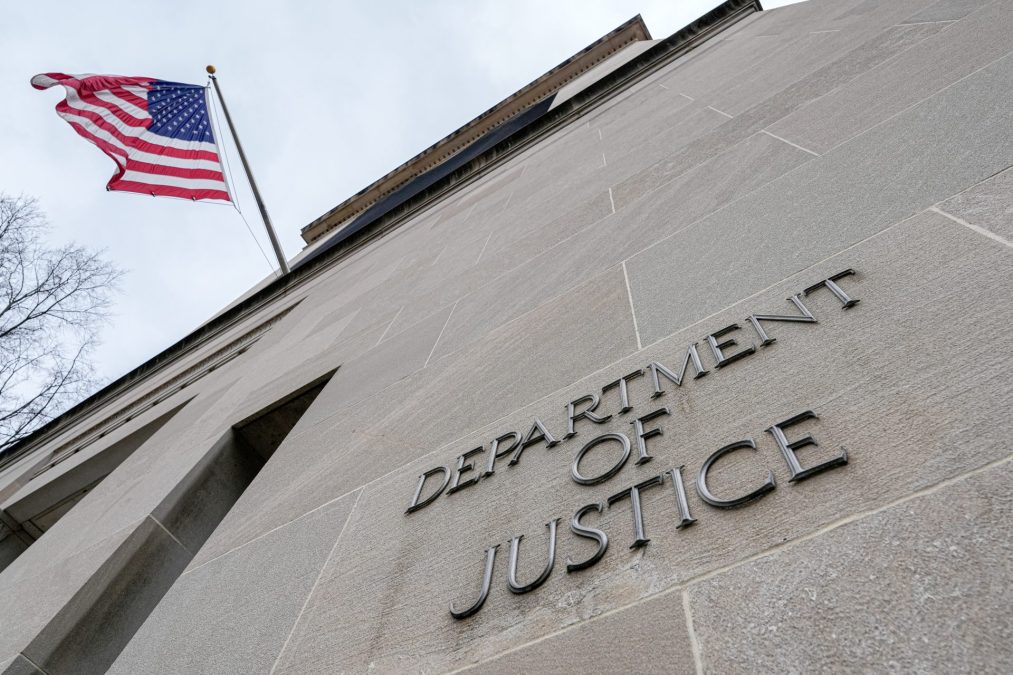DOJ picks Princeton computer scientist as its chief AI officer

The Department of Justice has tapped Princeton University professor Jonathan Mayer as its first chief artificial intelligence officer and chief science and technology adviser, the agency announced Thursday.
The DOJ’s appointment of Mayer — who teaches in Princeton’s computer science department and in its school of public and international affairs — satisfies the White House AI executive order requirement that each of the Chief Financial Officers Act agencies designate a permanent CAIO. FedScoop has tracked the appointments of those AI officials across agencies.
In a statement announcing Mayer’s selection, Attorney General Merrick Garland said that the DOJ’s mission depends on its ability to “keep pace with rapidly evolving scientific and technological developments.”
“Jonathan’s expertise will be invaluable in ensuring that the entire Justice Department — including our law enforcement components, litigating components, grantmaking entities, and U.S. Attorneys’ Offices — is prepared for both the challenges and opportunities that new technologies present,” Garland added.
As the DOJ’s CAIO, Mayer will oversee the department’s Emerging Technology Board, which is tasked with coordinating and governing AI and other types of emerging tech throughout the agency. More broadly, Mayer — who holds a Ph.D. in computer science and a law degree from Stanford — will lead cross-agency and intra-department efforts on AI and related issues.
The DOJ currently has 15 AI use cases listed in its inventory, including a disclosure covered by FedScoop last month that the FBI is in the “initiation” phase of using Amazon Rekognition, an image and video analysis software.
Neither the DOJ nor Amazon, which previously issued a moratorium on police use of Rekognition, would confirm to FedScoop at the time if Rekognition’s facial recognition capabilities were accessible to or in use by the FBI.
Other AI use cases revealed by the DOJ in its inventory include a machine translation service for the FBI, a voice transcription to text system for the agency’s Office of the Inspector General, and gunshot detection and identification software for the Bureau of Alcohol, Tobacco, Firearms and Explosives, among others.
Mayer’s move from Princeton — where his tech-, policy- and law-focused research has centered on criminal procedure, national security, and consumer protection — to the DOJ represents a return to public service. From November 2015 to March 2017, he served as chief technologist in the Federal Communications Commission’s Enforcement Bureau. After that, Mayer spent a year in then-Sen. Kamala Harris’s office as a technology law and policy adviser to the California Democrat.



